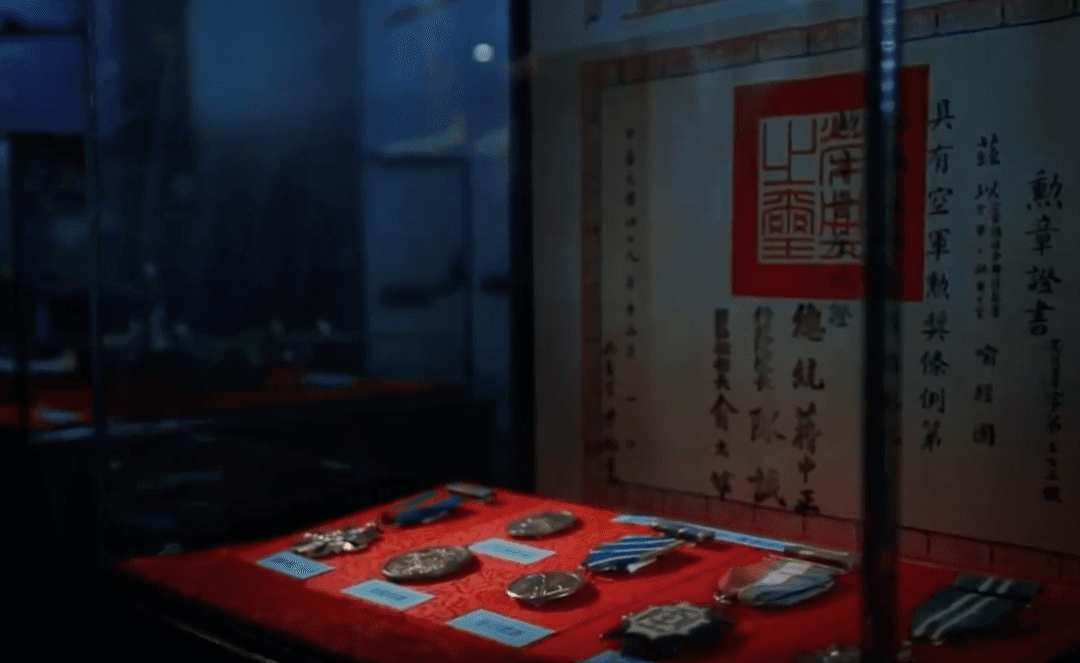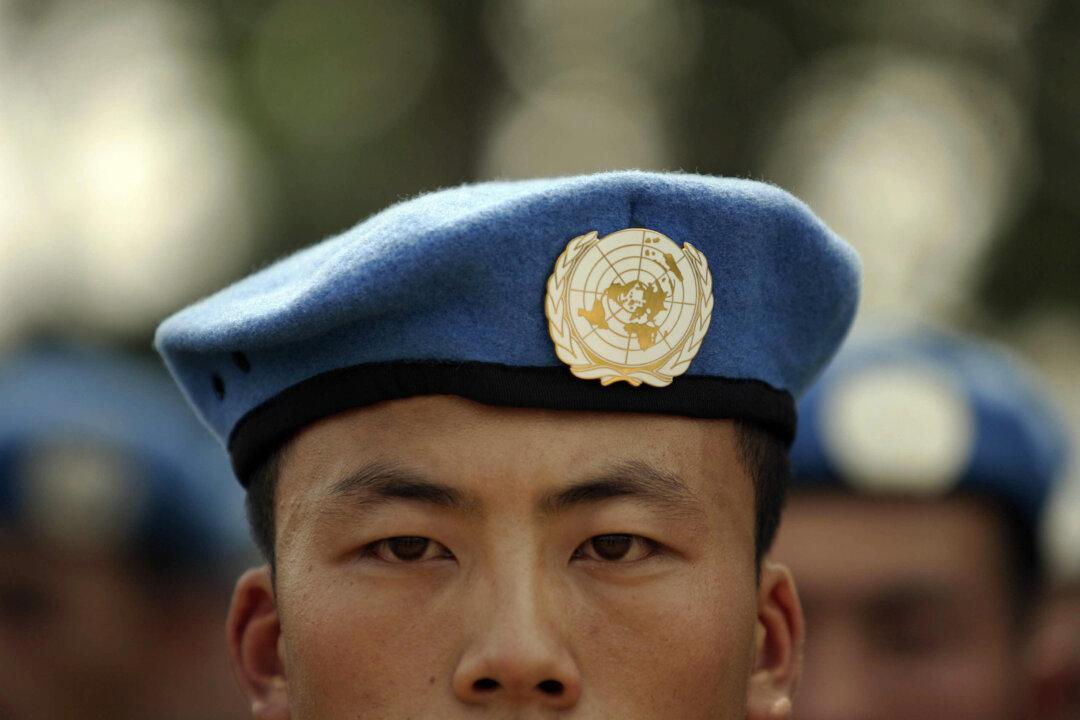The Black Bat Squadron was a covert flying unit with a dangerous mission and a high death rate. An exhibition in Washington remembers the heroes of this Cold War cooperation between the United States and Taiwan.
The Taiwanese Air Force’s former 34th Squadron, the Black Bat Squadron, carried a telling emblem—a black bat with the stars of the Big Dipper. From 1953 to 1973, during the Cold War era, the Black Bat Squadron cooperated with the CIA, carrying out nighttime electronic detection missions by penetrating into China in low-level air space.





